There is no finer city in which to hear music than Vienna. Or, to put it more felicitously, there is no finer city in which to listen to music for, as music-lovers know, there is a world of difference between hearing and listening. In the Imperial City, where most of the great composers in the Austro-German tradition lived and worked, you are on your mettle. As the Italian guide said to the American tourist who had popped into the Uffizi gallery in Florence to find out if there was anything worth seeing: ‘Here, signore, it is not the paintings that are on trial.’
In Vienna there is no greater musical pleasure than sitting in the golden hall of the Musikverein, particularly when the Vienna Philharmonic is playing. An opera orchestra by tradition, which spends the week on the other side of the Ringstrasse at the Staatsoper, the Philharmonic give concerts in the Musikverein on Saturday afternoons and Sunday mornings. Gathered under those splendid chandeliers, surrounded on all sides by gilt-trimmed boxes, music-lovers may feel there is nothing left on earth to detain them.
Vienna is a conservative city and where music is concerned that is not necessarily a bad thing. From Haydn to Richard Strauss the great composers came here, to be admitted to the pantheon, and sometimes to be thrown out. In the Staatsoper two busts face each other across the first floor foyer — Richard Strauss of Munich and Gustav Mahler, the Bohemian Jew. Both were music directors of the Court Opera (as it then was) and both were eased out of the job. It’s just another of those quaint Viennese traditions.
Only one of the great composers of the golden age, Schubert, was actually born in the city, which is why Immortal Franz is the composer closest to Viennese hearts. Not to hear Schubert’s music on a trip to Vienna would be like not visiting the Kunsthistorisches Museum, or not taking a leisurely coffee at Hawelka. Schubert’s exquisite melancholy is part of the city’s DNA. You can visit his birthplace in Nussdorferstrasse, and see his grave in the famous Zentralfriedhof. You can’t miss it. It lies between those of Beethoven and Brahms, with Mozart’s memorial standing alongside.
As well as the Musikverein and the Staatsoper there is also the Theater an der Wien, which specialises in music from the baroque period, and the Konzerthaus, which, like the Musikverein, houses a smaller hall for chamber music as well as a larger one for orchestral performance. In fact the Mozart-Saal in the Konzerthaus is one of the finest places in the world to enjoy chamber music. There is also a second opera house, the Volksoper, where operetta is king. Only one operetta, incidentally, may be performed at the Staatsoper, Die Fledermaus, which hogs the schedule at New Year.
But you don’t have to attend performances to be aware of the part music has played, and continues to play, in the life of this city. A walk round Vienna brings you into contact with music in every street, every square and nearly every church. It is also one of the supreme cities for visiting churches, but that’s another story.
Got something to add? Join the discussion and comment below.
Get 10 issues for just $10
Subscribe to The Spectator Australia today for the next 10 magazine issues, plus full online access, for just $10.
You might disagree with half of it, but you’ll enjoy reading all of it. Try your first month for free, then just $2 a week for the remainder of your first year.

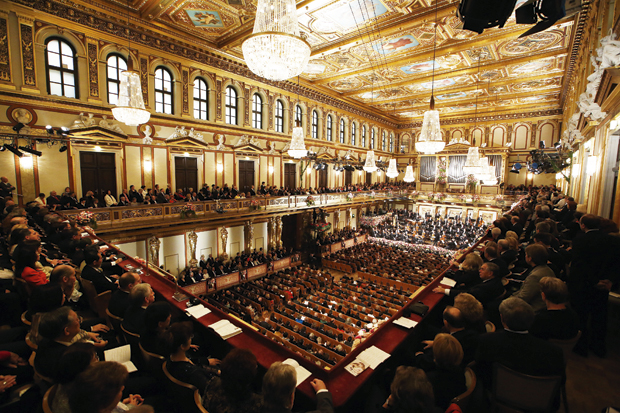
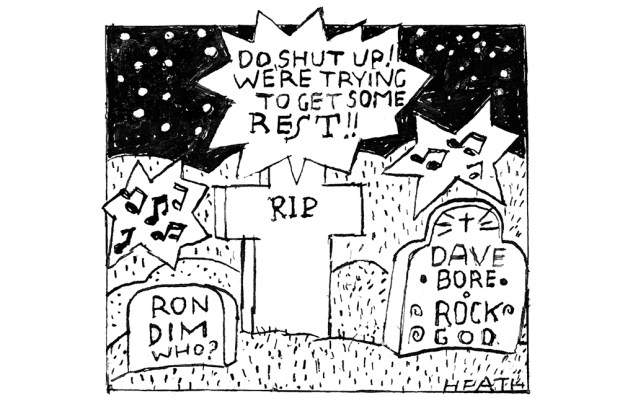
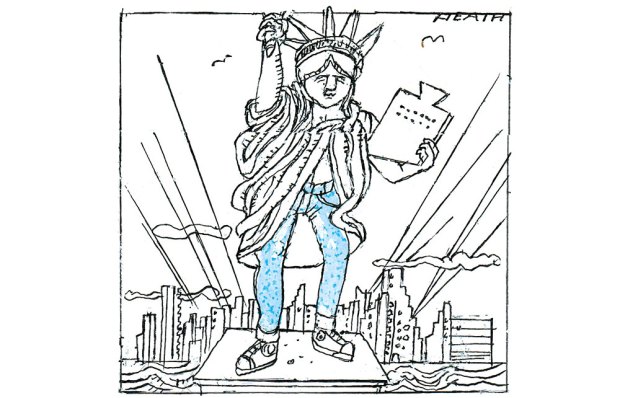
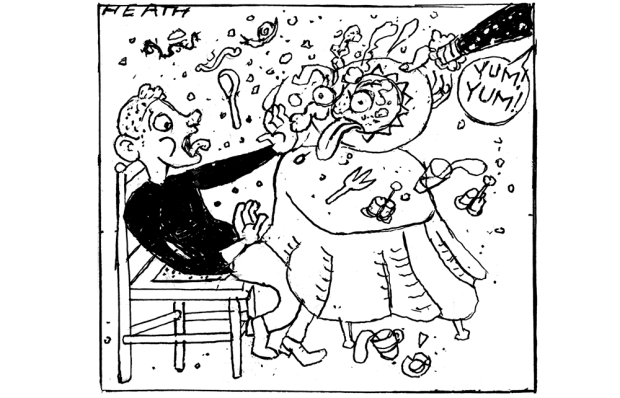
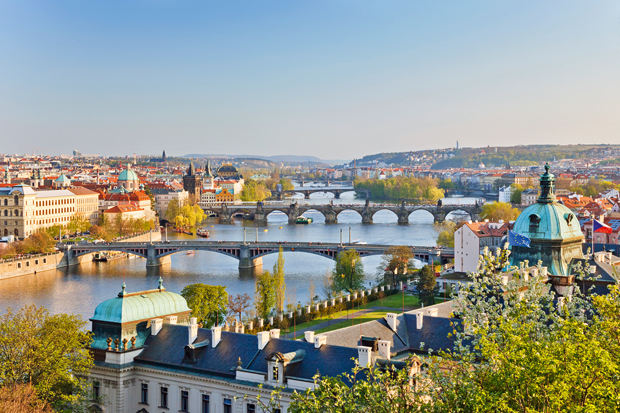
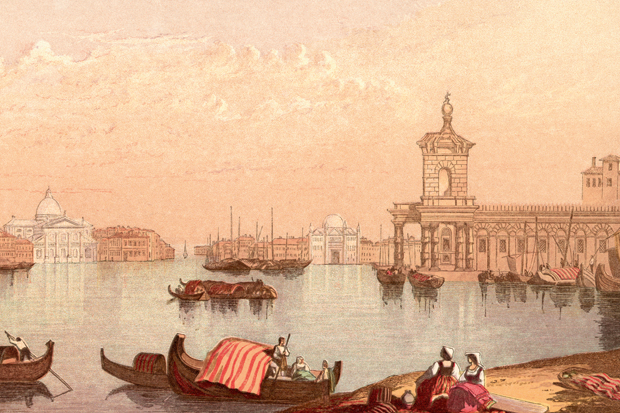
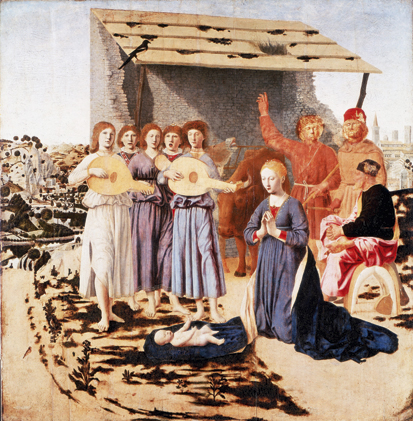






Comments
Don't miss out
Join the conversation with other Spectator Australia readers. Subscribe to leave a comment.
SUBSCRIBEAlready a subscriber? Log in